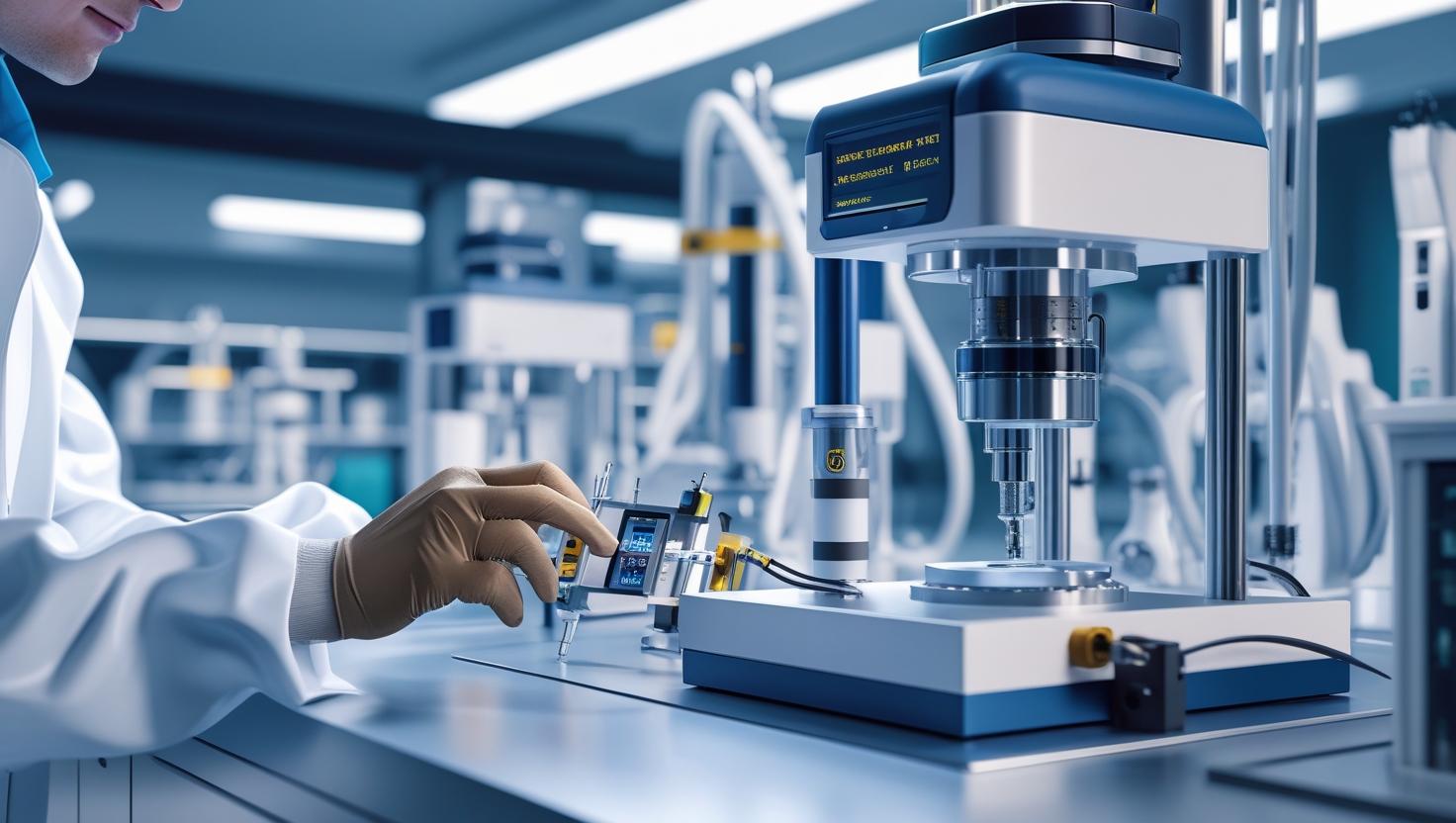Medical devices play a critical role in modern healthcare, ranging from simple diagnostic tools to complex surgical equipment and life-support systems. With the global healthcare industry advancing rapidly, ensuring the safety, reliability, and effectiveness of medical devices has become paramount. Medical device testing stands at the core of this assurance, not only protecting patients but also enabling innovation by fostering trust in new technologies. By subjecting devices to rigorous testing processes, manufacturers can meet regulatory standards, accelerate product approvals, and introduce cutting-edge healthcare solutions with confidence.
Download PDF Brochure @ https://www.marketsandmarkets.com/pdfdownloadNew.asp?id=254474064

Ensuring Patient Safety and Reliability
Patient safety is the foremost concern in healthcare, and medical device testing serves as the primary safeguard. Devices that malfunction or fail to perform as intended can pose serious health risks, including injury or even death. Testing evaluates device performance under different operating conditions to identify potential risks before products reach patients. Whether it is a pacemaker, infusion pump, or diagnostic imaging system, thorough testing ensures that devices consistently deliver accurate and reliable results. This process minimizes adverse events, reinforcing the trust that both patients and healthcare professionals place in medical technologies.
Driving Healthcare Innovation
Innovation in healthcare is fueled by the development of smarter, more efficient, and patient-centric medical devices. However, without robust testing, even the most advanced technologies cannot gain approval or widespread adoption. Testing enables innovators to validate their concepts and demonstrate compliance with stringent safety and performance requirements. By ensuring new devices meet regulatory and quality benchmarks, testing accelerates the pathway from research and development to commercialization. This facilitates faster access to life-saving innovations such as AI-enabled diagnostic tools, wearable health monitors, and robotic-assisted surgical systems.
Regulatory Compliance and Global Standards
Medical devices are subject to some of the most rigorous regulatory requirements in the world. Standards such as ISO 13485, IEC 60601, and guidelines set by the U.S. Food and Drug Administration (FDA) and the European Medicines Agency (EMA) ensure that devices meet international quality and safety benchmarks. Testing is an essential part of demonstrating compliance with these regulations. From biocompatibility and sterilization validation to electrical safety and usability testing, each step ensures that devices are safe for intended use. Compliance not only facilitates market entry but also enhances the reputation of manufacturers in global markets.
Role of Advanced Testing Technologies
The evolution of advanced testing technologies has transformed the medical device industry. Innovations such as simulation-based testing, 3D imaging, and real-time data analytics are improving the accuracy and efficiency of testing processes. Artificial intelligence and machine learning further enhance predictive testing by identifying potential failures and optimizing design before devices are physically manufactured. These advancements not only reduce development costs and time-to-market but also pave the way for more reliable and innovative healthcare solutions.
Supporting Patient-Centered Design
Medical device testing also contributes to patient-centered design by evaluating usability and human factors. A device may be technically sound but fail if it is too complex for patients or healthcare providers to use effectively. Usability testing ensures devices are intuitive, user-friendly, and reduce the likelihood of operational errors. For example, testing the design of home healthcare devices like insulin pumps or remote monitoring systems ensures patients can manage their conditions independently and safely. This approach enhances patient empowerment and improves overall healthcare outcomes.
Strengthening Trust and Market Growth
In a competitive healthcare landscape, trust plays a pivotal role in the adoption of new medical technologies. Patients, physicians, and healthcare institutions are more likely to embrace devices that have undergone stringent testing and demonstrated superior safety and reliability. This trust not only protects patients but also drives the growth of medical device manufacturers by enhancing brand reputation and enabling expansion into new markets. As healthcare systems worldwide invest in digital health and connected devices, rigorous testing will remain essential for building confidence in next-generation technologies.
Future Outlook
The future of medical device testing is closely tied to the evolution of healthcare itself. With the rise of personalized medicine, wearable technologies, and connected health platforms, testing will need to adapt to new complexities such as cybersecurity and interoperability. Moreover, increasing focus on sustainability and eco-friendly designs will expand the scope of testing to include environmental impact assessments. As healthcare continues to embrace digitalization and innovation, medical device testing will remain the foundation of safe, reliable, and groundbreaking advancements.
Explore In-Depth Semiconductor & Electronics Market Research – https://www.marketsandmarkets.com/semiconductorand-electonics-market-research-87.html
See Related Semiconductor Reports:
Medical Electronics Market by Component (Sensors, Batteries, MPUs, Displays, Memory Chips), Equipment (Diagnostic and imaging, Patient Monitoring, Medical implantable, Ventilators & RGM, Medical Robots) Device Classification – Global Forecast to 2029
Medical Sensors Market Size, Share, Industry Growth & Trends by Sensor Type (Pressure, Temperature, ECG, Image, Touch, Blood Oxygen, Blood Glucose Sensor), End-Use Product, Medical Procedure (Invasive, Noninvasive), Device Classification, Medical Facility & Region – Global Forecast to 2029
